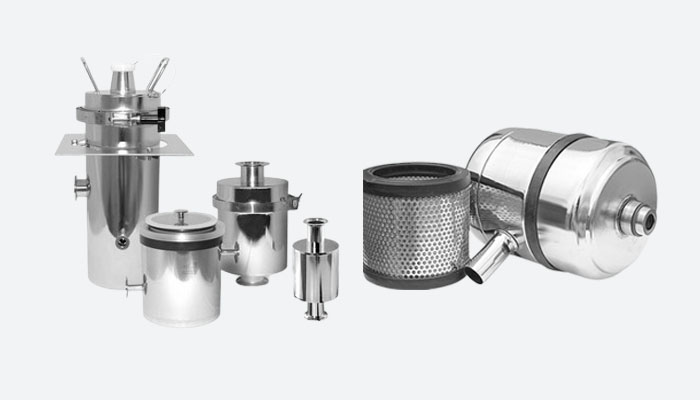
Vacuum filters and traps play a crucial role in maintaining a clean and healthy indoor environment. They are designed to capture and store various pollutants and contaminants, preventing them from being released back into the air during the vacuuming process. These filters and traps are typically used in both residential and commercial vacuum cleaners and come in different forms to suit different cleaning needs.
One of the most common types of vacuum filters is the HEPA (High-Efficiency Particulate Air) filter. HEPA filters are known for their exceptional ability to capture even the smallest particles, as small as 0.3 microns in size, such as dust mites, pollen, pet dander, and mold spores. This makes them highly effective in reducing allergens and improving air quality, especially for individuals with respiratory issues or allergies. HEPA filters are usually made of fine mesh fibers that create a dense barrier, trapping the particles and preventing them from being released back into the air.
Another type of filter commonly used in vacuum cleaners is the pre-filter. Pre-filters are designed to capture larger particles like hair, lint, and debris before they reach the main filter. By doing so, pre-filters help maintain the efficiency and longevity of the main filter, preventing clogging and reducing the need for frequent filter replacements. They are usually washable or disposable, depending on the model, and need to be cleaned or replaced regularly to ensure optimal vacuum performance.
Besides filters, vacuum traps are also an essential component in some vacuum cleaners, particularly those used for specialized cleaning tasks. Vacuum traps are typically used in laboratory or industrial settings to catch hazardous materials, chemicals, or biohazardous substances that may be generated during vacuuming. These traps are specifically designed to prevent the release of these substances into the air, protecting the user and the surrounding environment from potential health risks.
To ensure the effectiveness of vacuum filters and traps, proper maintenance is crucial. Regular cleaning and filter replacement are necessary to prevent clogging and maintain optimal performance. The frequency of maintenance depends on the usage and the type of material being vacuumed. Moreover, following the manufacturer's instructions and using genuine replacement filters is essential to ensure compatibility and maximum efficiency.
In conclusion, vacuum filters and traps are vital components of vacuum cleaners that play a significant role in maintaining clean indoor air quality. Whether it's the HEPA filter for capturing allergens or pre-filters for trapping larger particles, these filters prevent pollutants from being released back into the air. Vacuum traps, on the other hand, are used in specialized settings to contain hazardous substances. Regular maintenance and proper usage are crucial to ensure the filters and traps function effectively and maintain optimal vacuum performance.